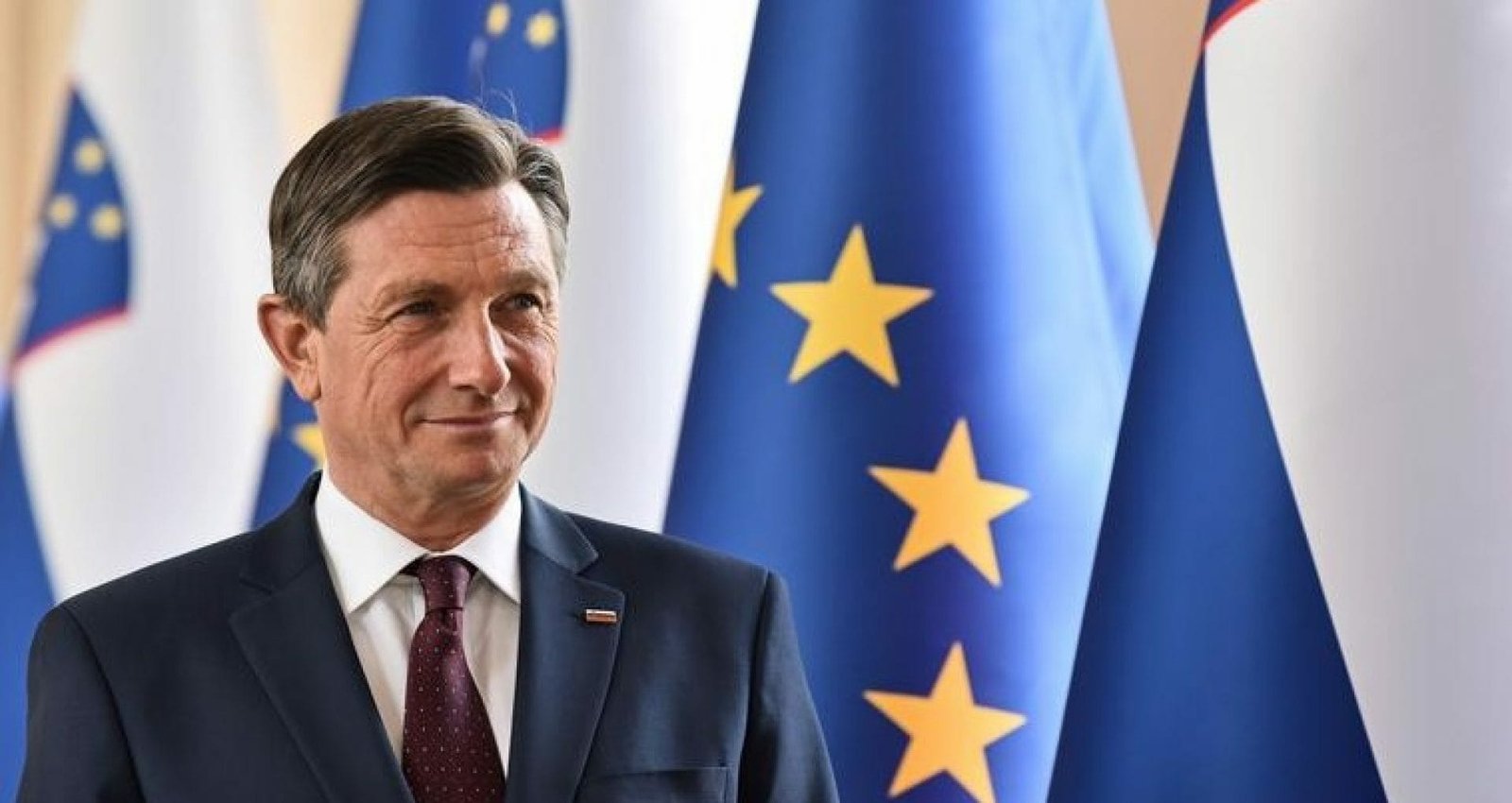The former president of Slovenia, Borut Pahor, intends to take the post of the European Union’s special envoy for the dialogue between Kosovo and Serbia, after Miroslav Lajcak’s mandate ends at the end of August, reports the Slovenian newspaper, Delo, Gazeta Express reports.
Pahor founded the private institute Friends of the Western Balkans last December, when his one-year status as former president of the Republic ended. The mission of the institute is the integration of the countries of the region in the EU, promoting dialogue, reconciliation and economic development.
Read Also:
However, Delo writes that they have unofficially learned that Pahor, with the help of the Ministry of Foreign Affairs and Europe, led by his former party member Tanja Fajon, is preparing to advance to the post of the European Union’s special envoy for the dialogue between Kosovo and Serbia.
The Ministry of Foreign Affairs assessed that Pahor is a suitable candidate to occupy an important and prestigious position in the Western Balkans, which is considered a strategic area of Slovenia, so they decided that the Slovenian diplomatic network would help the former Slovenian president in his candidacy. his. The newspaper writes that the unofficial assessments are that Pahor is a suitable candidate who meets the conditions for this position.
Here it should be noted that for the position of the special envoy of the European Union for the dialogue between Kosovo and Serbia, Pahor must submit a personal request – according to the information of the Slovenian newspaper, he has not yet done so – to the European External Action Service. which is led by the Spanish socialist Josep Borrell. Miroslav Lajcak’s mandate expires at the end of August.
At the moment, the lobbying process for Pahor to occupy the post of special envoy is at a sensitive stage.
Part of the lobbying for Pahori is carried out by the advisory committee of the Friends of the Western Balkans Institute. It includes, among others, the former EU High Representative for Foreign and Security Policy, Catherine Ashton, the former Swedish Prime Minister and the UN High Representative for Bosnia and Herzegovina, Carl Bildt, the former Prime Minister Croatian, Jadranka Kosor, the former president of Kosovo, Atifete Jahjaga and the former Serbian president, Boris Tadić.







